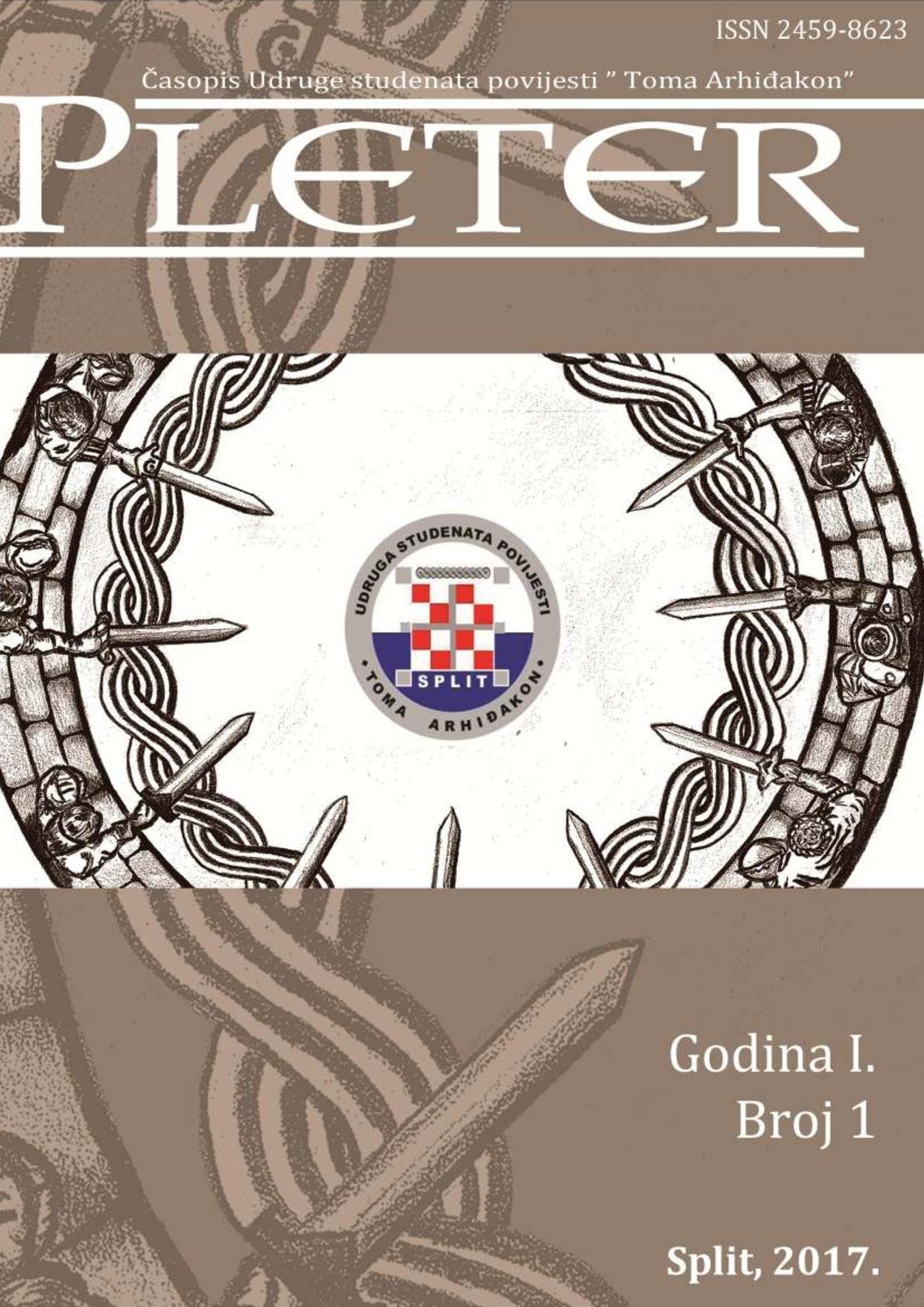The origin and the development of the "New wave music" in Yugoslavia
Keywords:
new wavee music, 80s, Yugoslavia, Polet, Azra, Pankrti, Prljavo kazalište, Branimir Štulić Johnny, Darko Rundek, Haustor, Bijelo dugme, LaibachAbstract
The name for the new wave music during the late 70s and early 80s of the last century was related to the type of music which followed the genre of punk and rock. After the destalinization in countries of the Communist bloc, period of releasing controlled distribution of intellectual and musical products from the West appeared. It was an interesting phenomenon due to the fact that the official position of the communist authorities to the counterculture and rock music was repressive. Communist authorities did not always banned the group. Yugoslavia is represented as a Westernoriented country. By opening a place where bands can gather, a new wave gains slightly wide audience. Topics of Yugoslavian rock music are not always related to politics and those that are only occasionally were the target of authorities´ attack. Rock, with its ideas of solidarity and human emancipation, affected a part of urban youth. Due to deterioration of the situation in Yugoslavia in the late 80s the bands became more and more identified with the home countries. The national question did not overcome the rock music. With the arrival of the war, rock bands have taken different views.


